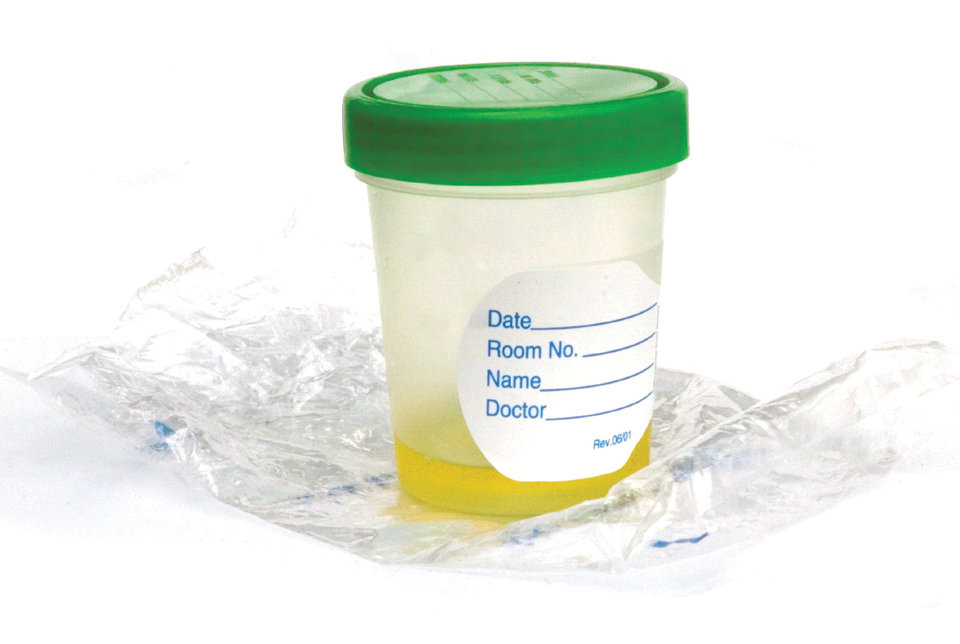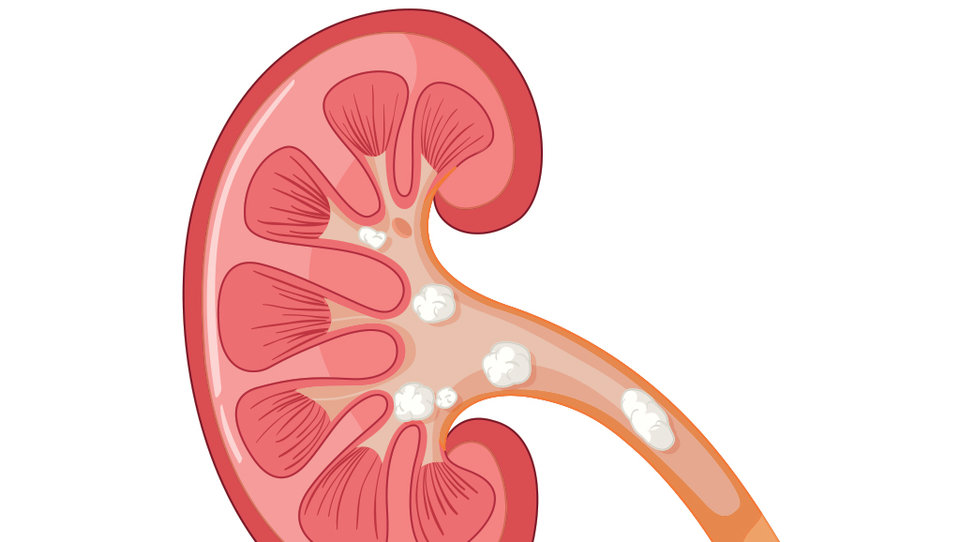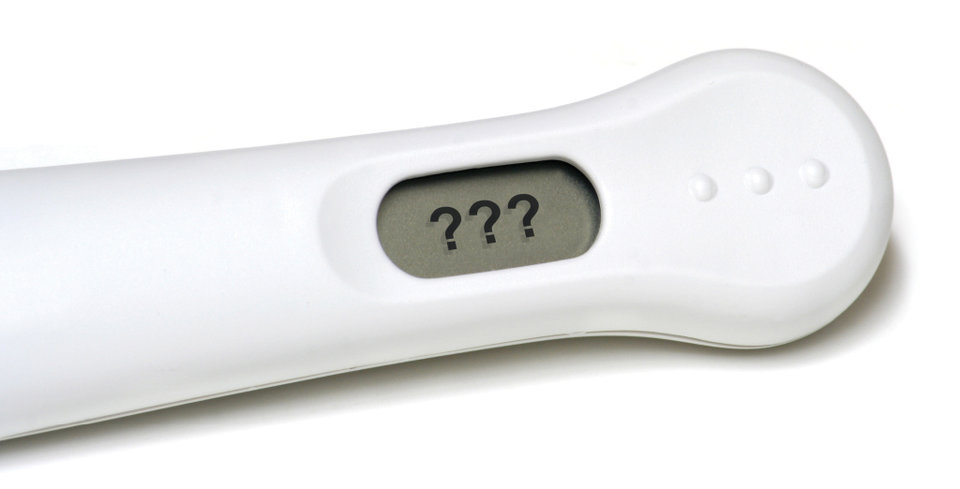| BY THE NUMBERS |
7 Urologic Conditions Impacted by Smoking
Vasectomy is the most effective method of birth control, besides abstinence. During vasectomy, a urologist closes or blocks the two tubes (vas deferens) that carry sperm. This blocks sperm from leaving the body and causing pregnancy.
Bladder cancer
is the
4th
most common cancer in men. In 2016, aboutmost common cancer in men. In 2016, about
77,000
people will be told they have bladder cancer. Smoking causes harmful chemicals and drugs to collect in the urine. These chemicals affect the lining of the bladder and raise your bladder cancer risk.


Erectile dysfunction (ED)
impacts
20-30
million
American men. ED is a result of poor blood flow to the penis. Smoking can harm blood vessels, which can impact the blood flow. This can result in not being able to get or keep an erection firm enough for sexual intercourse.
Kidney cancer
is the
10
most common cancers for men and women. When smoking, smoke is drawn into the lungs. It then makes its way into the bloodstream, where it is filtered into the kidneys. The harmful chemicals are now in the kidneys. About
62,700
new cases of kidney cancer will be found in 2016, many as a result of smoking.
Kidney stones
are a common health issue of the urinary tract. Each year, more than
1 million
people visit their doctor because of painful, kidney stone problems. Smoking has been shown to greatly add to the risk of getting kidney stones.

Interstitial cystitis (IC)
or
painful bladder syndrome
impacts more women than men.
Up to
12%
of women are said to have early signs of IC, which is a chronic bladder health issue. Smoking irritates the bladder and can make IC symptoms worse.
Incontinence
(leaking urine)
and
overactive bladder
impact more than
33
million
men and women. Smoking bothers the bladder and can cause frequent urination. It can also cause coughing spasms that can lead to urine leakage.

infertility
impacts both men and women.
About
50%
of infertility cases can be linked to the male. Smoking can harm the genetic make-up in eggs and sperm. The infertility rate for smokers is twice the rates for those who do not smoke.
If you smoke, ask your health care provider about ways to quit so you can lower your chances of having these urologic conditions.
UrologyHealth.org | FALL 2016 | UROLOGYHEALTH extra